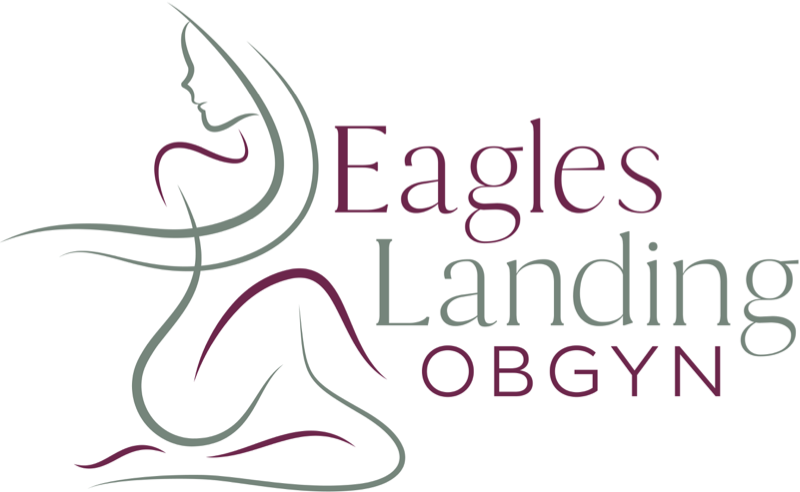
Osteoporosis, a condition characterized by weakening bones, is a significant health concern for many women, especially those approaching or going through menopause. Your OB/GYN helps you understand, prevent, and manage osteoporosis to maintain health and well-being. We will discuss the risks and consequences of osteoporosis, preventive measures, and how your OB/GYN can support you in maintaining healthy bones.
Risks and Consequences of Osteoporosis
Osteoporosis is a condition that causes the loss of bone density, making bones more fragile and susceptible to fractures. The risk of osteoporosis increases with age, particularly for women after menopause, as the decline in estrogen levels leads to a faster rate of bone loss. Other risk factors for osteoporosis include:
- Family history of osteoporosis
- Low body weight or a history of eating disorders
- Smoking and excessive alcohol consumption
- Certain medications, such as corticosteroids
The consequences of osteoporosis can be severe, including fractures, chronic pain, and decreased mobility, which can significantly impact a person’s quality of life.
Prevention of Osteoporosis
There are several preventive measures that you can take to reduce the risk of osteoporosis and maintain healthy bones:
Calcium and vitamin D intake: Ensure a sufficient intake of calcium and vitamin D through diet or supplements to support bone health. Consult your OB/GYN for personalized recommendations based on age and lifestyle.
Regular exercise: Engaging in weight-bearing and resistance exercises can help strengthen your bones and reduce the risk of osteoporosis.
Healthy lifestyle choices: Avoid smoking and limit alcohol consumption to minimize the impact on bone health.
Hormone therapy: For women going through menopause, hormone therapy may be an option to help maintain bone density. Discuss the potential benefits and risks with your OB/GYN.
The Role of Your OB/GYN in Osteoporosis Management
Your OB/GYN can help you in the prevention, early detection, and management of osteoporosis through:
Assessing your risk: By evaluating your medical history and lifestyle factors and conducting a physical examination, your OB/GYN can determine your risk of osteoporosis.
Bone density testing: A bone density test can measure your bone strength and detect early signs of osteoporosis, allowing for timely intervention.
Personalized recommendations: Your OB/GYN can provide tailored guidance on diet, exercise, and other lifestyle changes to support bone health.
Medication and treatment options: Your OB/GYN may sometimes recommend medications or treatments to help prevent or manage osteoporosis.
Osteoporosis is a significant health concern for many women, but understanding the risks and taking preventive measures can help maintain healthy bones and reduce the chances of developing the condition. Your OB/GYN is crucial in providing personalized guidance, assessments, and treatment options to support your bone health. If you have concerns about osteoporosis or your bone health, schedule an appointment with your OB/GYN to discuss your options and develop a plan for maintaining strong bones throughout your life.
